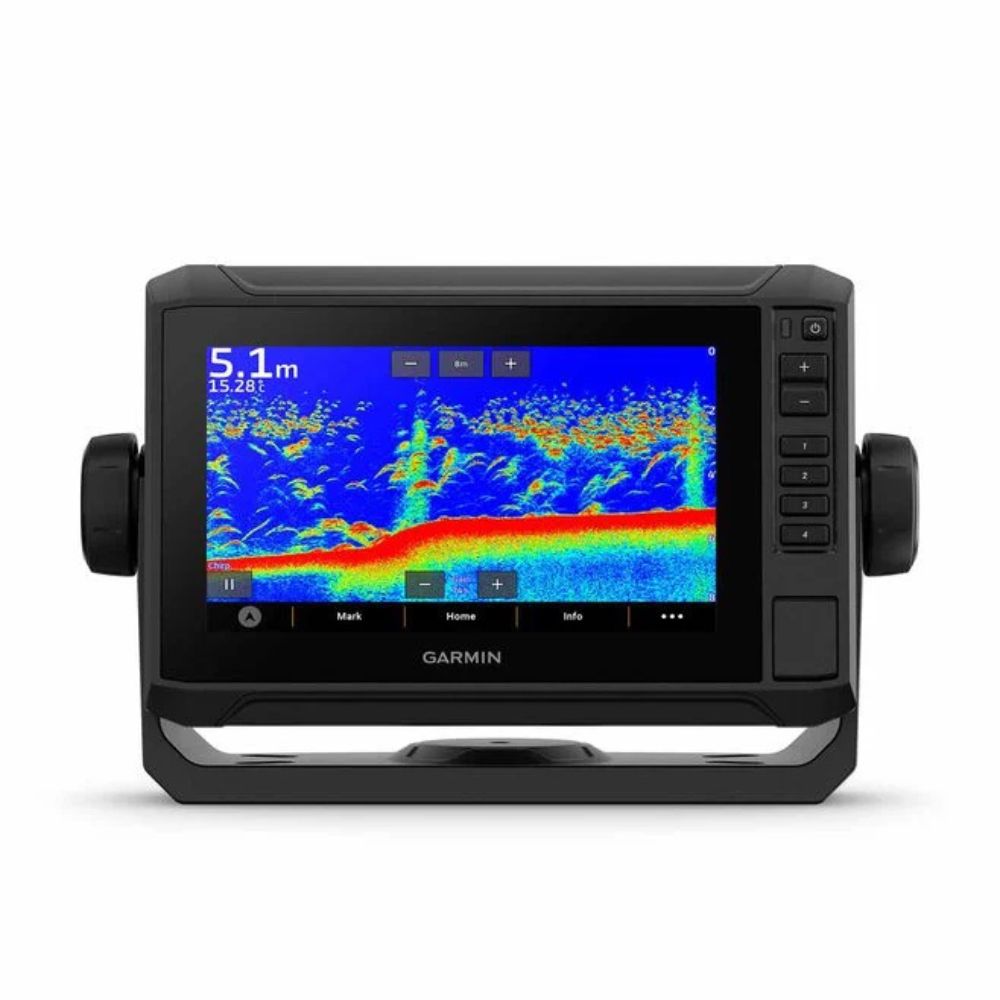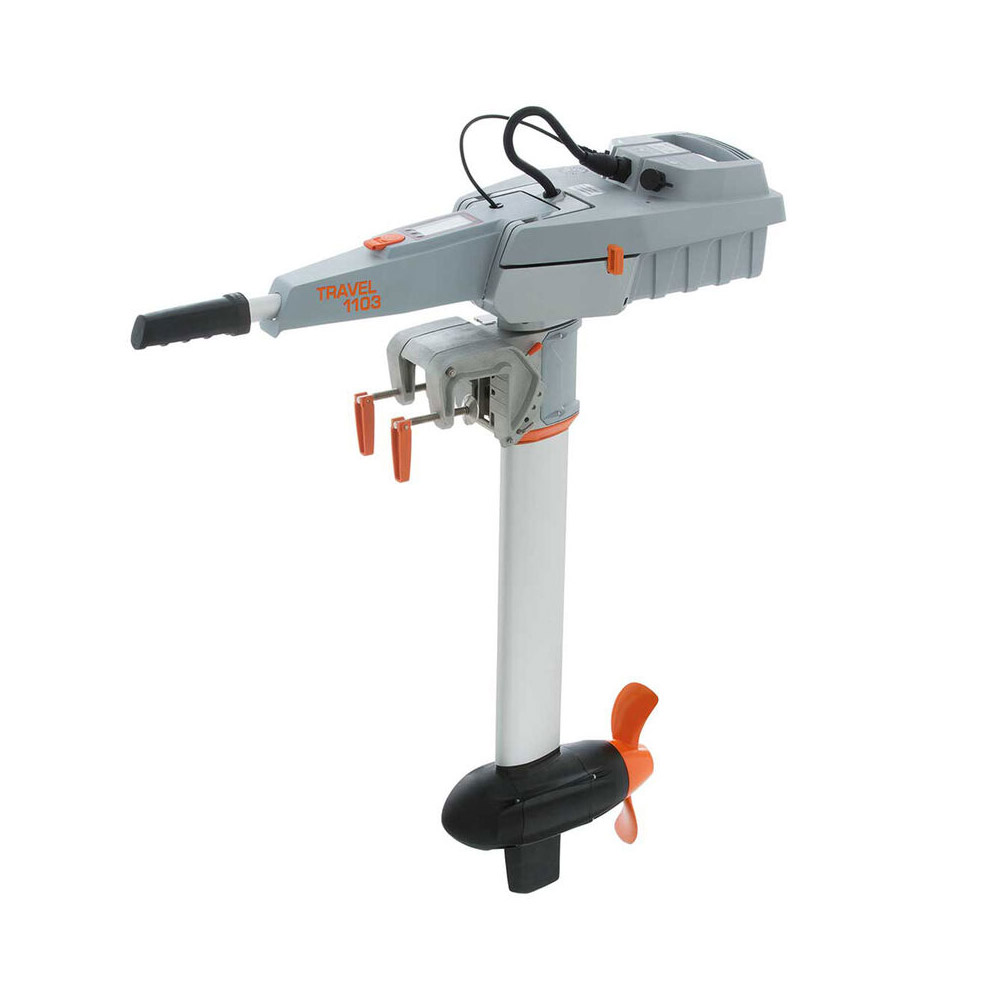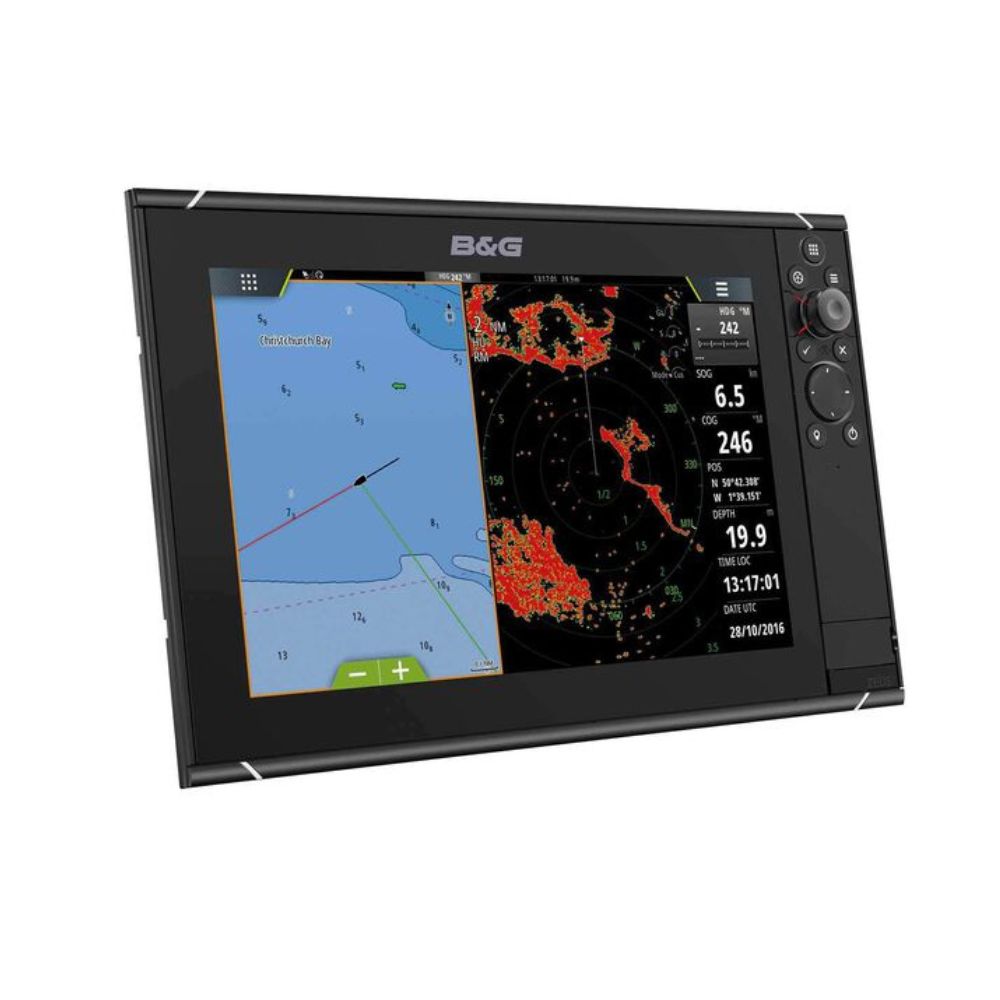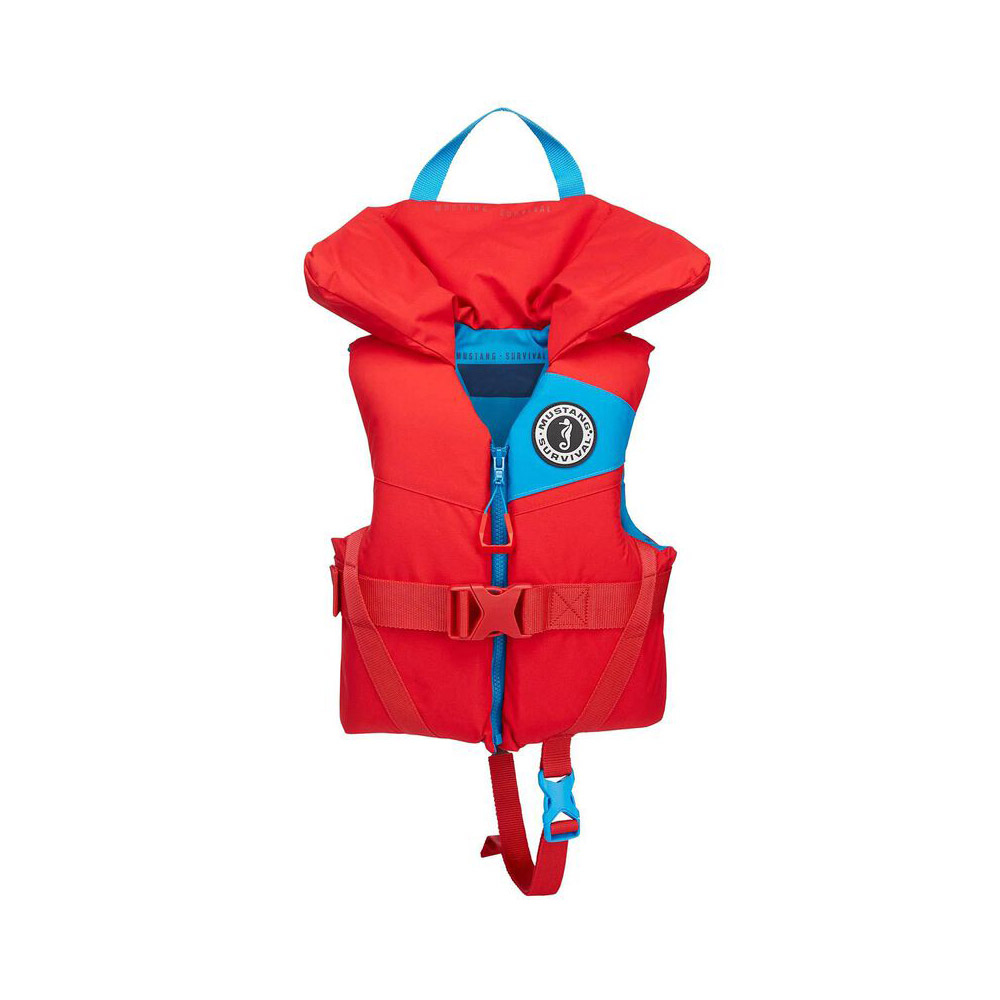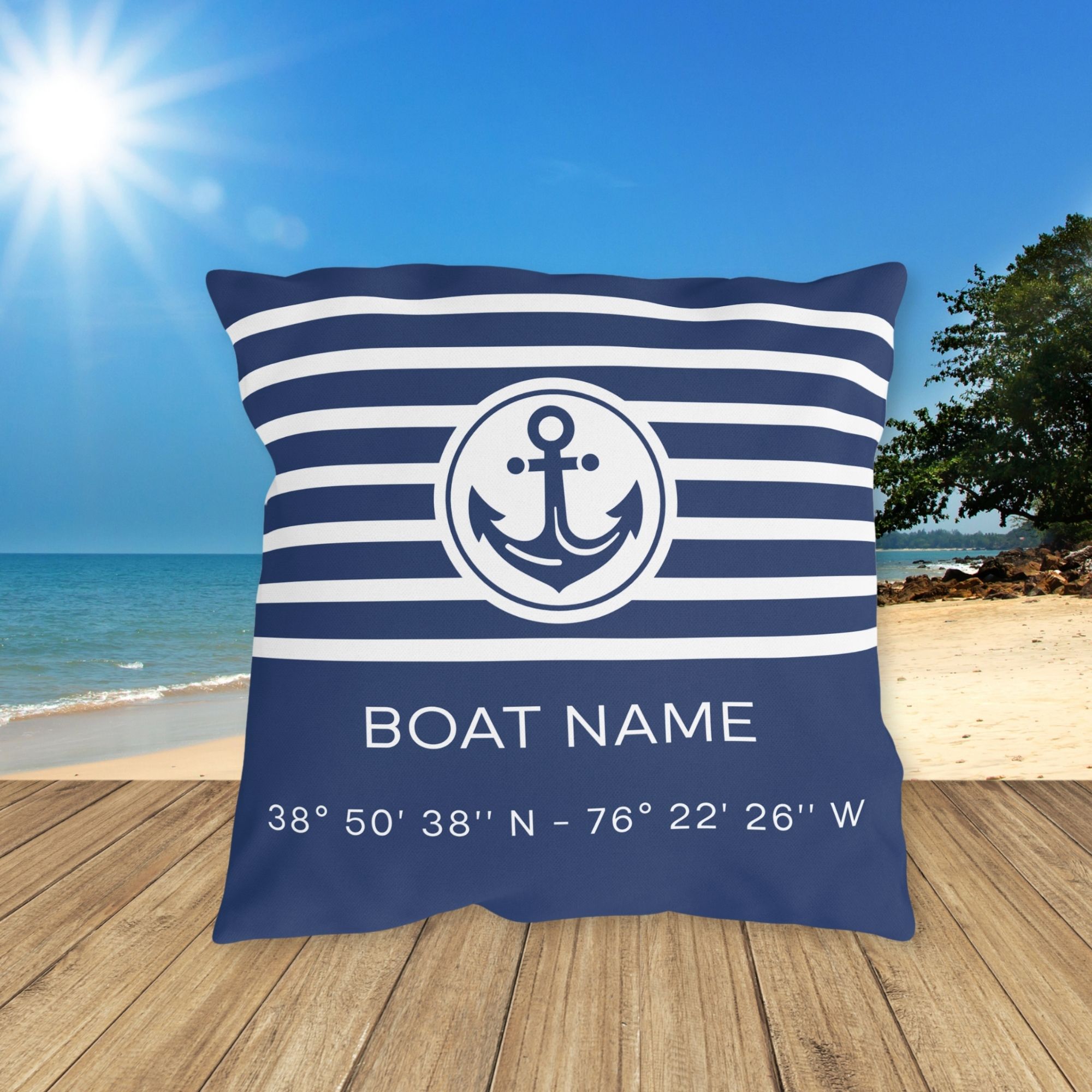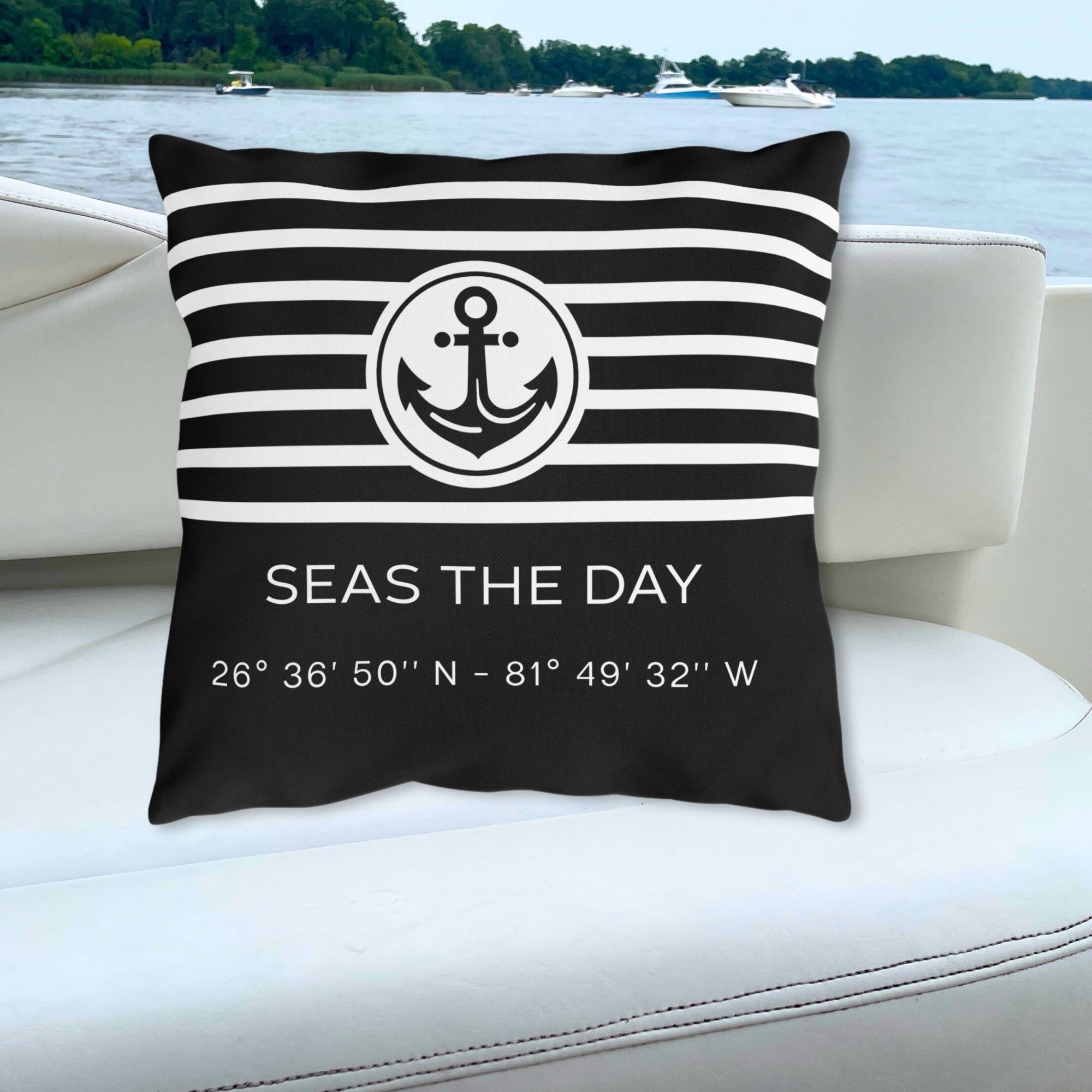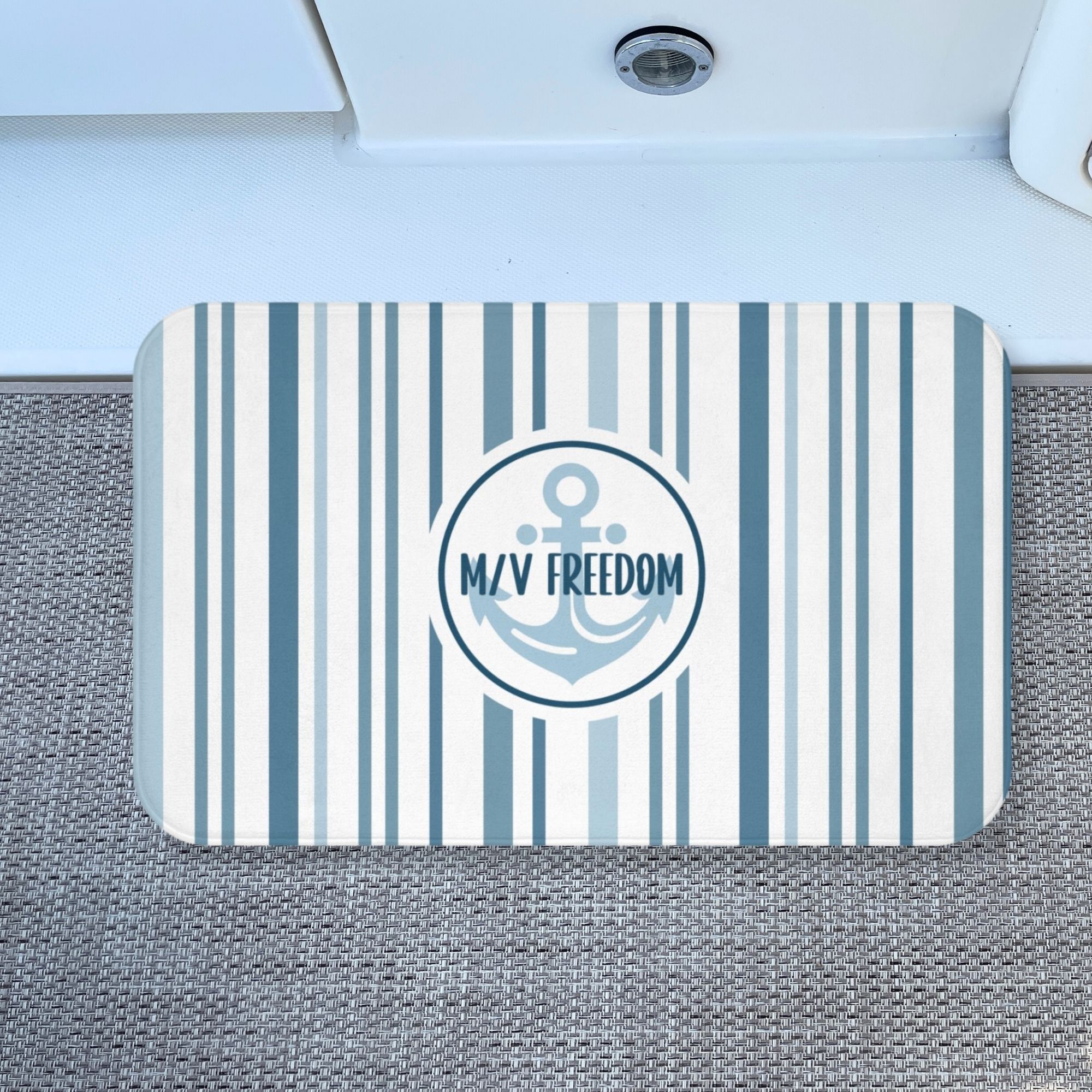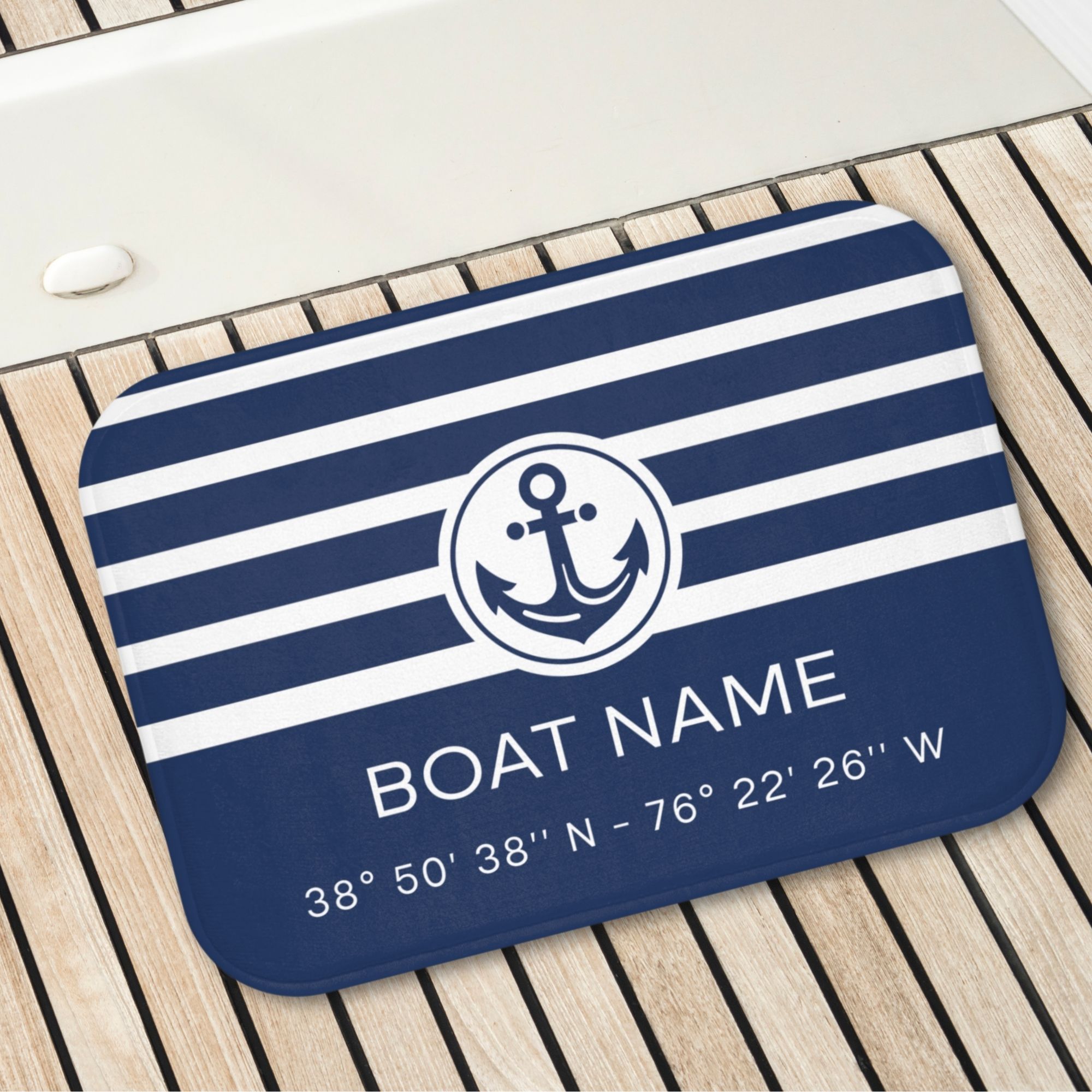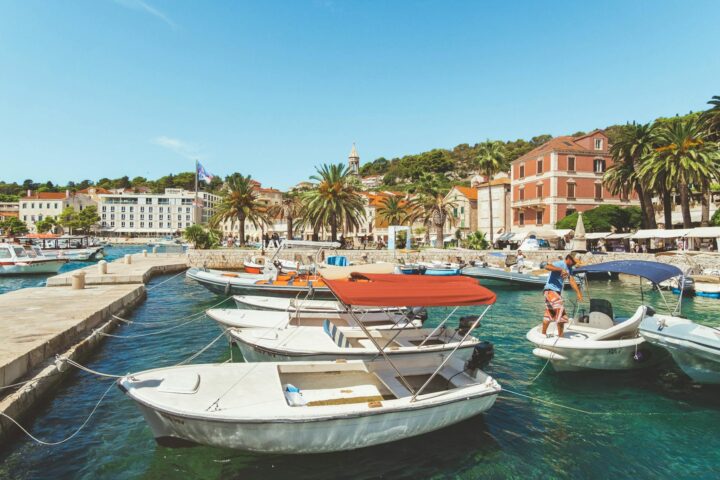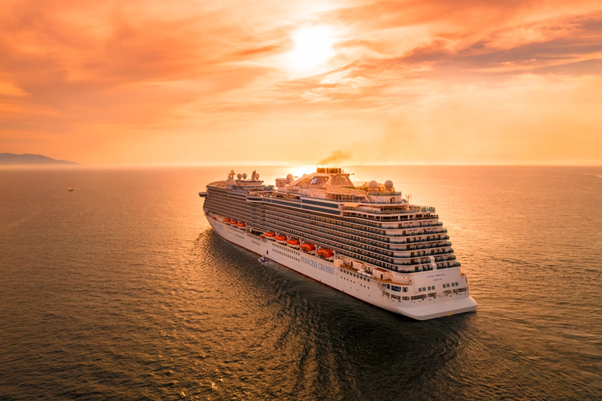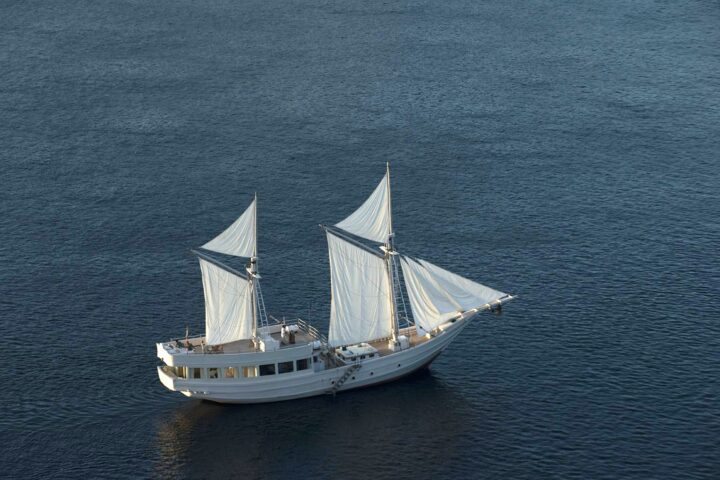
Coordinating captain, trip leader, skipper and crew activities for a smooth sailing flotilla cruise
In my introductory article on flotillas, I discussed the potential benefits of flotilla cruises and some of the high-level planning issues – bow to stern. Flotillas – cruising with more than one boat – can be a great way to explore a new destination with new friends.
In this installment, I will talk more about interacting with the skippers and crews. I will also have a few words on legalities and liabilities. to consider with flotillas.
The Trip Leader
Being the trip leader for a flotilla cruise can be deeply satisfying. I always viewed it as something of a work of art. My role was to create something (an experience) that would move each participant in meaningful and lasting ways.
I did it because I wanted to do it. I did it because I wanted to help people see the cruising venue the way I do.
Nautical Planning
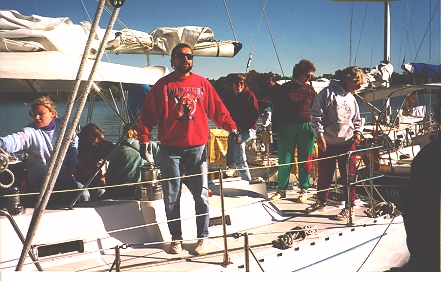 While the trip leader need not necessarily be a skipper per se, the trip leader should have skipper skills and qualities or at the very least easy and reliable access to a skipper who is willing to be a resource and/or assistant. This is important because if you are planning for a flotilla, you have to think like a skipper.
While the trip leader need not necessarily be a skipper per se, the trip leader should have skipper skills and qualities or at the very least easy and reliable access to a skipper who is willing to be a resource and/or assistant. This is important because if you are planning for a flotilla, you have to think like a skipper.
- Can my boat keep up with the flotilla?
- Will my boat’s draft let me get into that cove?
- Are the bottom conditions in the selected anchorage good for the average weather conditions?
In short, you have to first consider the safety of the people and the boats vis á vis, weather and navigational circumstances.
As trip leader, you should be reviewing your fleet and thinking of how to assemble your raft-ups at the end of the day.
- Which boats are in the middle?
- Who should set anchors?
- Will you stay together all night or break up to anchor individually?
I have observed several failed raft-ups in my time. The most common reason for the failures was poor anchoring technique. That includes everything from failure to consider the holding characteristics and weather forecasts, to improper techniques like failing to set the anchor or paying out adequate scope, or just too many boats on too few anchors. There is no need to risk damage, injury, or your reputation.
Anchoring is a well-known skill and rafting is a fun activity. Whether you anchor together or individually and before the fun begins, the trip leader should check in with every skipper to make sure they and their crews are comfortable with the situation. The time to make adjustments is before there is a problem.
During the underway portions of the cruise, it is helpful to maintain regular radio contact among all the boats. This way you can know when to expect which boats. That is particularly vital when you are putting together a raft.
Before you start on your cruise, agree to a channel on which to report in at an agreed time. It is often customary for all boats to report in on the hour, usually on a working channel instead of 9 or 16. If there is a boat having technical difficulties, it is advisable to have another boat in the fleet to stand by or shadow the boat having issues in case any external assistance is needed.
Social Planning

Once you have a good handle on the marine safety part of the planning, you can begin fleshing out the social part of the trip.
You may have what you think is a wonderful idea for an activity or event for everyone to share. However, not everyone will be interested in attending an antique marionette exhibit or trying liver pudding served various ways. Be sure to poll the participants through the skippers. Know what the level of interest is before you expend a lot of effort that might be going for naught.

I have found that what works depends on where you are. If you are rafted up, cooking contests between boats, sing-alongs, trivia games, and scavenger hunts can produce a lot of laughs and smiles. If you are in port, try to find little known venues like the maritime museum in Cambridge, MD.
Visit a sailmaker or shipwright to watch him work and ask questions. Maybe take a tour of a local microbrewery or winery. Are there any relevant or interesting seminars scheduled for where you will be? Can you arrange for one?
On one trip I organized, I had two ladies from a civil war reenactors’ group in Washington, DC come out to St. Michael’s to speak and perform for us in character. We heard the full history of their characters who were real people. Then we were entertained by song and poetry. You might consider organizing a marine safety seminar or seek out a local historian for little known facts about your port of call.
Post-trip Follow-up
At the end of the trip, you should offer thanks to yours skippers and participants. Without them, there would be no flotilla cruise. Now would be a good time to solicit ideas for future itineraries and to ask for feedback on the trip just completed. You may get some criticism of one thing or another. Don’t take it personally. Look at it as an opportunity to make improvements.
In the same vein, it is fair and appropriate to offer feedback yourself. If you had a skipper or other participant who was particularly helpful, let them know. A simple thank you goes a long way. The corollary to that is if you had someone who may not have met your expectations, a gentle suggestion on how they might have done things differently could help that person become a better sailor or guest.
Flotilla Captains
My next comments are based on my having been both a flotilla captain and a trip leader. In my business, I organize flotilla charters domestically and around the world. Consequently, I have some well-formed opinions about both sides of the relationship.
While I encourage the flotilla captains to have an input into the discussions and decision-making process, generally I expect the captains to defer to the trip leader for all non-safety-critical decisions. Even some of the safety related choices should reside with the trip leader.
However, it is acknowledged that each skipper is ultimately responsible for his vessel and crew. I have had situations where captains have agreed to participate in a flotilla only to sail their own itinerary and make no effort to participate with the group. It begs the question of why participate in the flotilla at all.
If you are a trip leader, I would encourage you to thoroughly interview your skippers and especially if you are not familiar with them in the first place. Ask them if they have ever participated in a flotilla cruise before and if so, ask about their experience and what they learned. Ask who will be in their crew and who their first mate will be or who can back them up if necessary.
If you are a flotilla skipper, respect your trip leader. They put a lot of effort into organizing the event. It is not easy and there are lots of moving pieces that all have to come together to make it work. Don’t make his or her job harder by talking poorly about them to your crew. That poisons the atmosphere of the whole experience and reflects poorly on you. Instead, try speaking privately with the trip leader during or after the trip. You are likely to find the person receptive to constructive criticism.
Remember that there may be a full range of experience among participating skippers and crew. Do not assume you are always the best (or the worst). Share any concerns but learn to trust your fellow boaters. Growth and new experiences come to you when you are open to accepting them.
Legal Disclaimers
Trip leader and skippers should be aware of both legal and civil liabilities that may arise from a flotilla cruise.
 While it may be necessary to collect money from participants to pay for meals or slip fees, be very careful about asking for a set fee to participate in the flotilla. Doing so could be interpreted as taking passengers for hire and one would need to be a licensed Captain to do that.
While it may be necessary to collect money from participants to pay for meals or slip fees, be very careful about asking for a set fee to participate in the flotilla. Doing so could be interpreted as taking passengers for hire and one would need to be a licensed Captain to do that.
(See my earlier article on earning a Captain’s license.)
We are a litigious society. Sailing and boating are activities that require certain physical skills and dexterity. Good skippers, yacht hosts, and trip leaders will clearly explain all of the potential experiences and hazards without frightening the guests. Additionally, it may be advisable to have your guests sign a waiver of liability wherein all parties can attest that they have been advised of and agree to accept any and all potential liabilities as their own.
Also review your boat insurance policy. What does it cover? And perhaps more to the point, what does it exclude? If something is not explicitly listed as a covered circumstance in your policy or its any of its endorsements, it is NOT covered.
Conclusion
Flotilla cruises can be good fun for everyone. They can fun to organize and surely an enjoyable way to use one’s boat with friends and family. Simple and reasonable precautions should be first on the agenda. Then plan how to have a great time. I have enjoyed every flotilla cruise I have sailed. I always make new friends. I look forward to many more to come.
Trending Now: Must-Have Boat Gear for Your Boat Life
Trending Now: Custom Boat Decor
-
Boat Pillow with Boat Name & LAT LONG Coordinates
Quick ViewBuy on Etsy -
Boat Pillow with Boat Name & LAT LONG Coordinates- Black
Quick ViewBuy on Etsy -
Coastal Blue Stripes Bathmat with Anchor & Boat Name
Quick ViewBuy on Etsy -
Custom Boat Mat with Boat Name & LAT LONG Coordinates
Quick ViewBuy on Etsy
Disclosure: This site may contain links affiliated with companies where we receive compensation. Also, as an Amazon Associate we may earn from qualifying purchases we refer but it does not impact the price you pay. Full disclosure policy.

